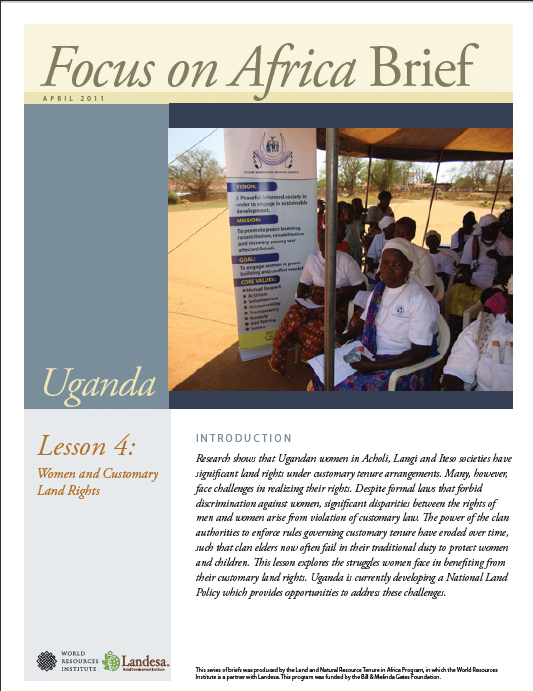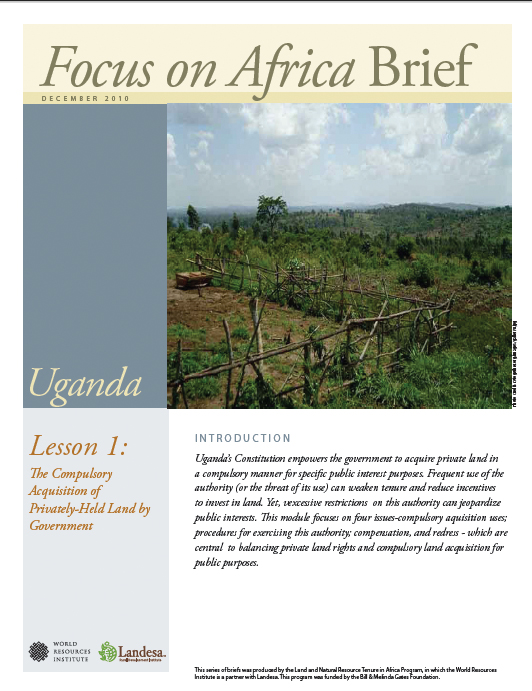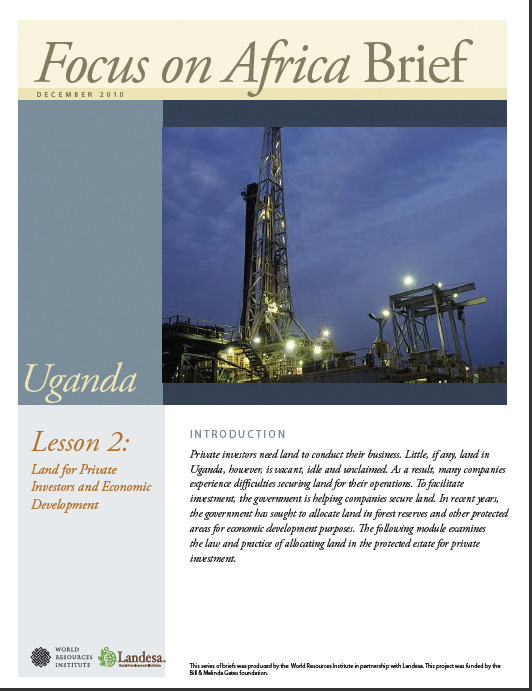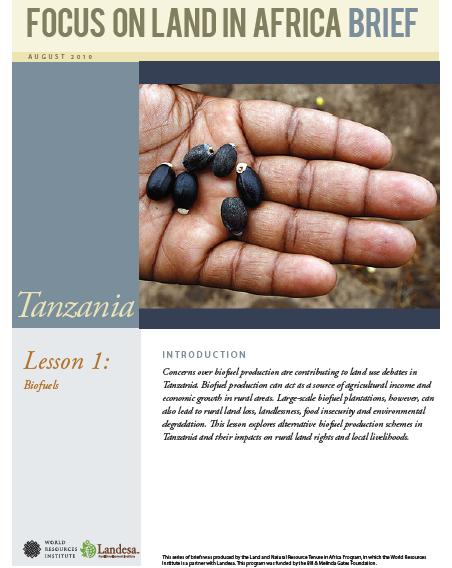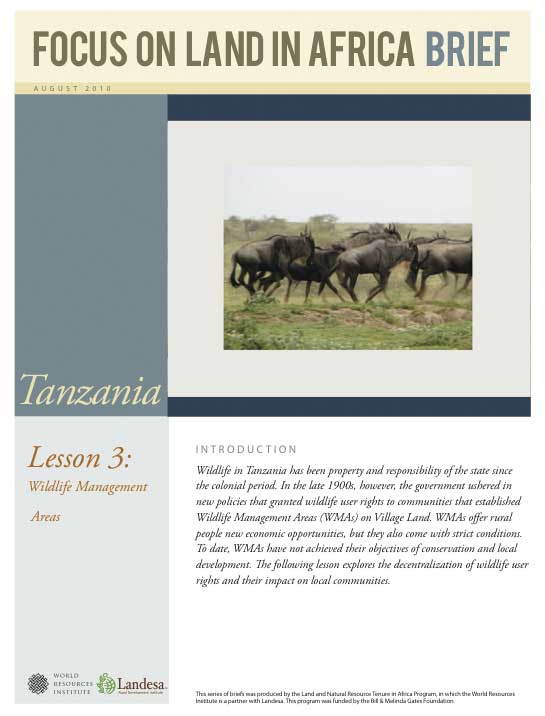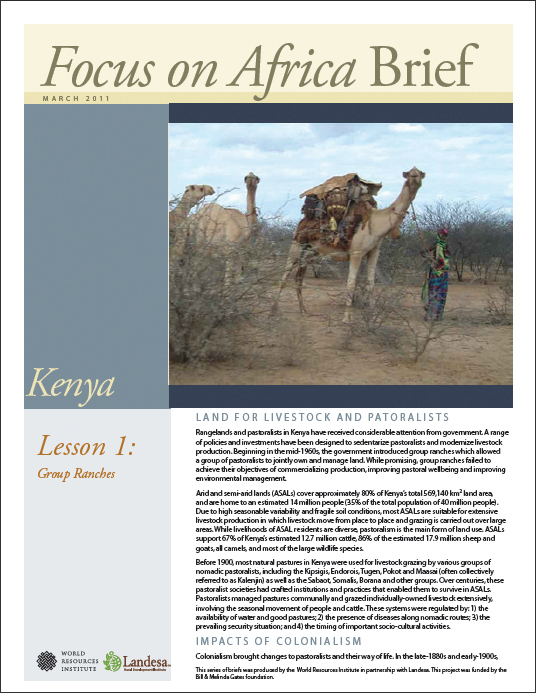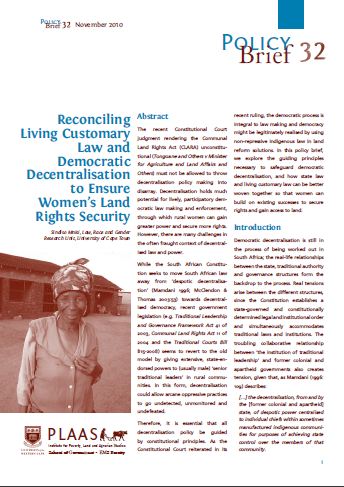This seminar will be an opportunity to deepen and consolidate the various issues raised in the initial contributions proposed for the collective work. Participants will have the opportunity to explore in depth the fundamental issues related to citizen participation in land governance, with a focus on the specific challenges faced in Africa. In-depth discussions will analyze the root causes of land problems, identify gaps in existing public policies, and formulate concrete proposals for effective reforms. Furthermore, the seminar will provide a platform for a comprehensive analysis of the role of alumni as an essential component of NELGA's sustainability in the sub-region and ends up with a setting up and launching of the NELGA AC alumni network

